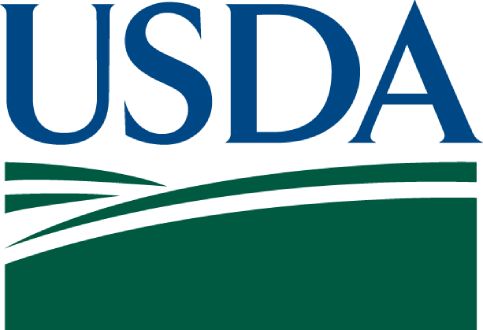U.S. Department of Agriculture, Food and Nutrition Service

The Childhood Hunger Demonstration projects and the associated evaluation will address mounting concerns about the effects of poverty and food insecurity on low-income children and their families. In the United States, millions of children live in families that have had to worry about access to food. National food security policy aims to ensure that all Americans, especially children, have access to a healthy diet whether at home or at school.
Evidence & Insights From This Project

Evaluation of Demonstration Projects to End Childhood Hunger (EDECH): The Nevada Healthy, Hunger Free Kids Project
This evaluation report describes the vision, implementation, and impacts on child food insecurity and other outcomes of the Nevada Healthy, Hunger Free Kids (HHFK) project.
Learn MoreRelated Staff
See Clearly. Act Quickly.
From local to global challenges in health, human services, and international development, we’re here to improve public well-being and make progress together. Learn more about becoming a Mathematica client or partner.
Work With Us


